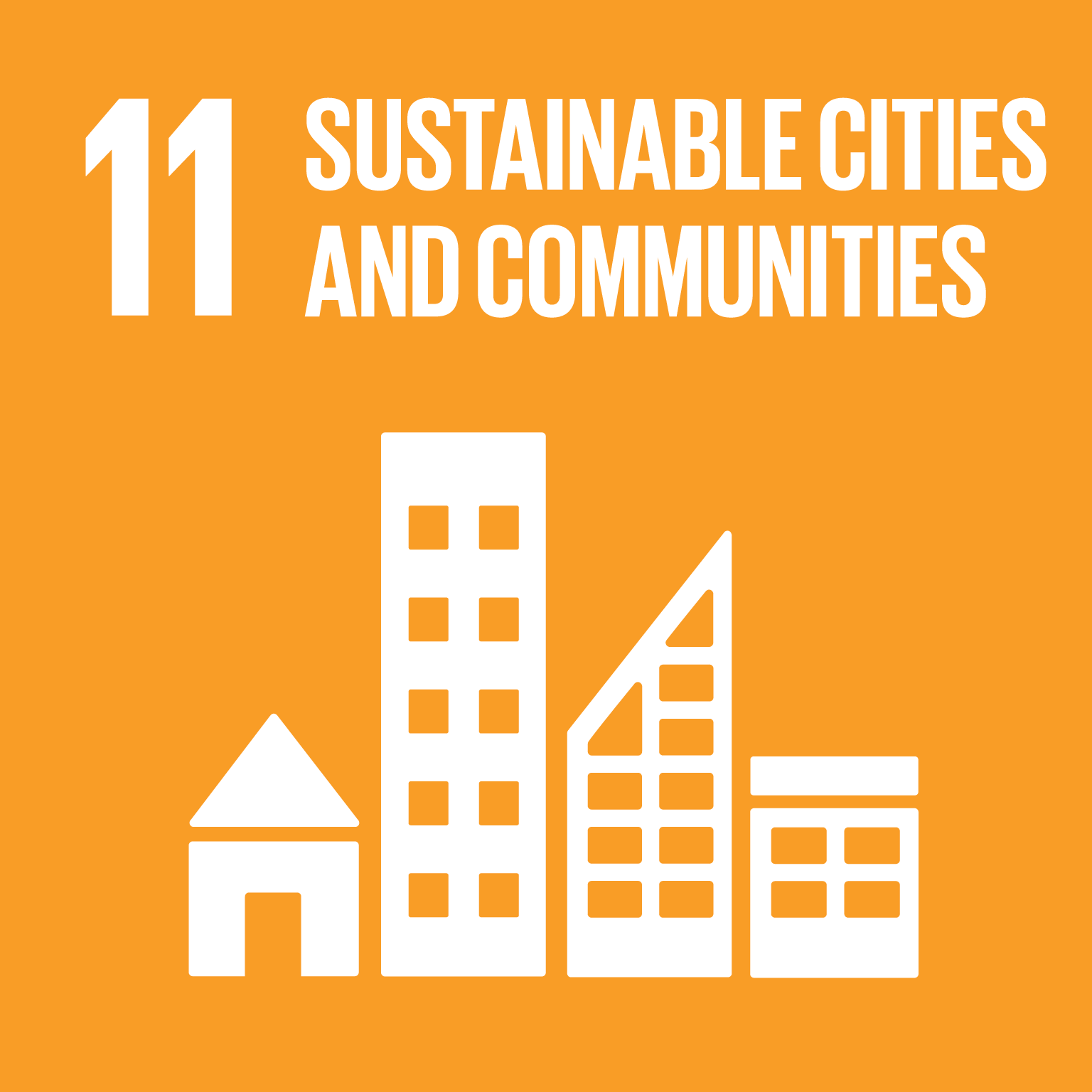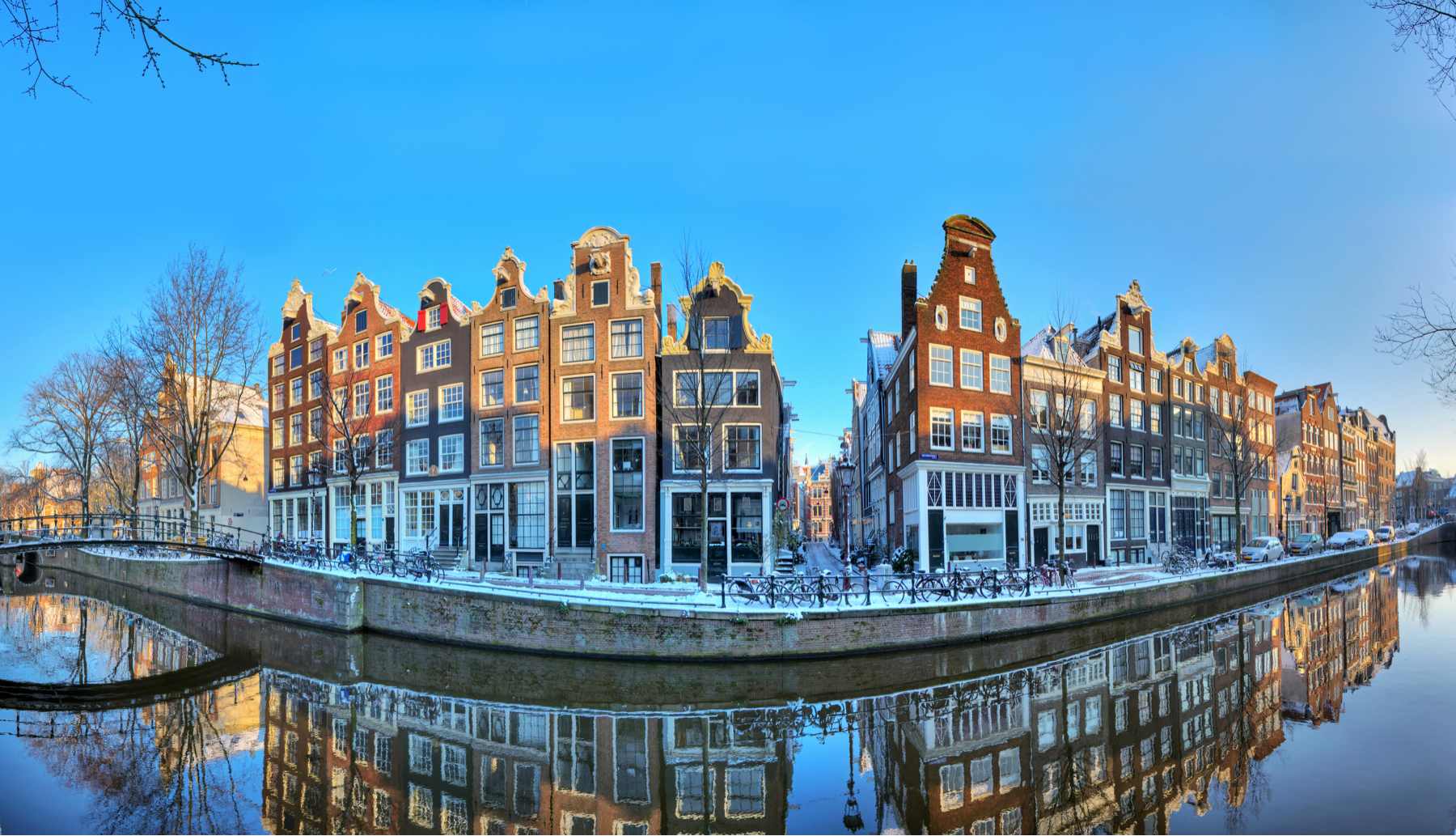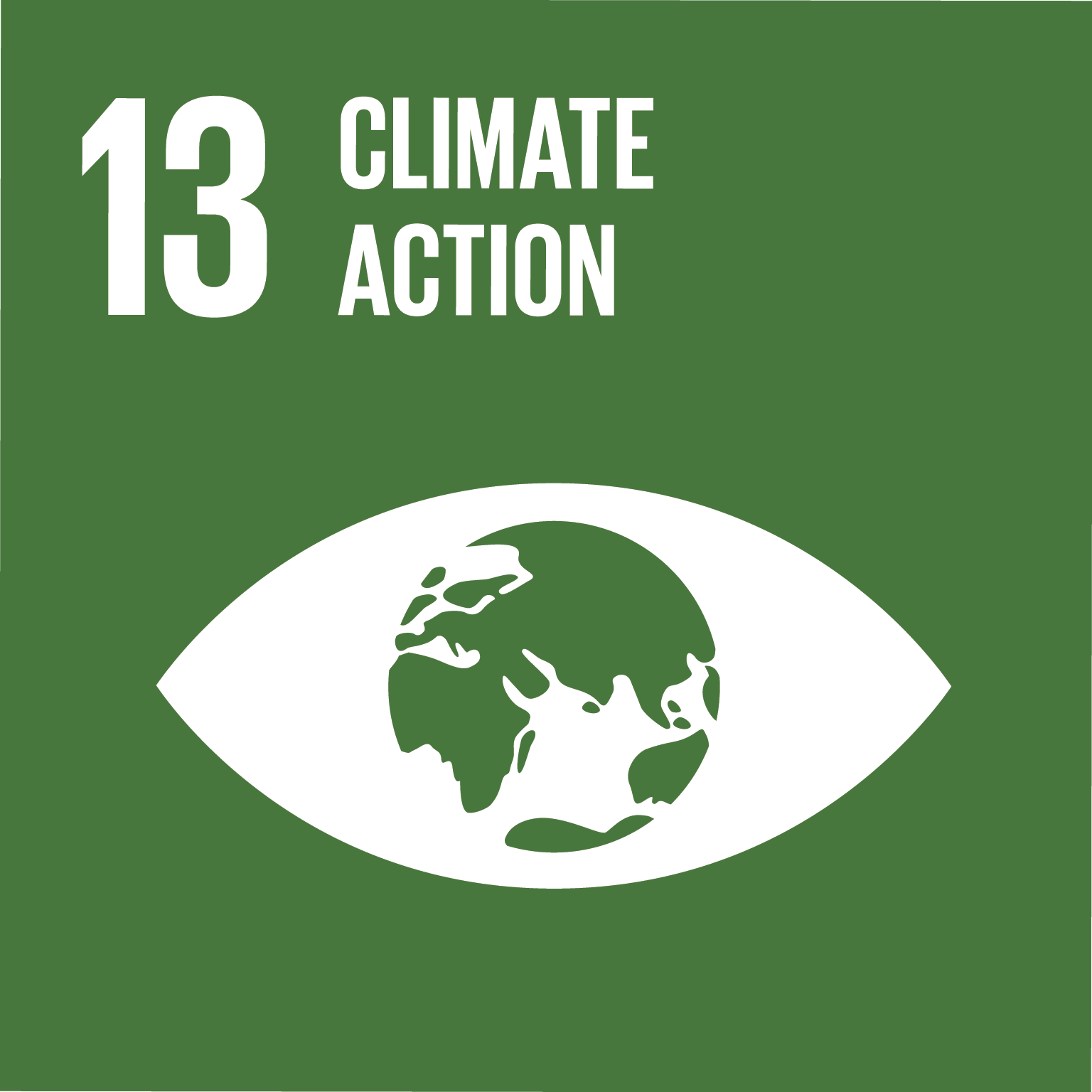Action to enhance urban resilience
Urbanisation is a major challenge for deltas worldwide as cities grow rapidly due to migration, population and economic growth. Climate change also represents an enormous challenge: drought, heatwaves, flooding and land subsidence are becoming more common and intense. Cities need to adapt to these pressures in order to remain safe and liveable. Deltares helps urban authorities by supplying the knowledge needed to evaluate solutions at the street, neighbourhood and city levels. We start by looking at the functioning of the water system and the subsurface, as well as the interaction with all physical (infrastructure, buildings, energy), environmental and socio-economic elements in a city.
Accounting for social vulnerability
Recent floods have shown that not all groups in society are equally affected by flooding. Characteristics such as socio-economic status, age, home ownership and gender determine the impact of floods. To improve resilience, particular attention must be paid to safety and living conditions in vulnerable areas with the aim of reducing - rather than exacerbating - social inequalities.
For the city of Pontianak, Indonesia, Deltares developed a methodology to take social vulnerability into consideration in urban flood risk management. The results will allow the city to distribute the benefits of flood mitigation measures more equitably among different neighbourhoods. The approach will also be applied to other regions around the world in future urban resilience projects. In The Hague, the Netherlands, an analysis was conducted to determine whether poorer areas are affected more by localised flooding during extreme rainfall events, and whether they are isolated for longer because of a lack of resilient infrastructure. The outcome was a map of vulnerable areas that allows the city authorities to devote particular attention to these areas during work on adapting the road network to extreme rainfall events.

'Deltares helps local authorities to adapt to the effects of climate change by providing the knowledge needed for evaluating solutions at different scales.'
Didrik Meijer, expert urban hydrology at Deltares
Flood and drought management
Floods and droughts are among the most devastating consequences of the climate crisis. Even so, a siloed approach to flood and drought management means that governments around the world often find their hands tied. The EPIC Response Framework offers an innovative governance approach that harnesses the synergies of combined flood and drought management. It helps governments to get management agencies working together more. The combined approach in the framework can even benefit countries with advanced water management systems. The case study conducted in the Netherlands also taught us that, as climate change continues, more severe floods and droughts will continue to follow on from one another and intensify. The framework helps in this respect by identifying areas where the government can use its advanced flood management system to improve drought management.


'Urban sprawl increases the impact of climate change substantially. Cities must adapt through careful planning and resilient construction, on different scale levels.'
Marco Hoogvliet, expert urban water management at Deltares
Urban nature-based solutions
A promising category of measures for urban resilience consists of nature-based solutions (or blue-green measures). These solutions use the local ecosystem to provide resilience, and to improve liveability and biodiversity. They are often used in combination with grey infrastructure such as drainage systems. In Antananarivo, Madagascar and Kampala, Uganda we worked on implementing nature-based solutions for increased flood resilience.
Deltares has developed the knowledge and tools needed for the design and implementation of nature-based solutions, including the Climate Resilient Cities Toolbox. With partners in the Dutch Climate Resilient City research programme (NKWK-KBS), guidelines were elaborated for local authorities to reduce heat stress. With partners we are developing green spaces that improve urban resilience to drought and heat stress, and act as water retention basins during wet weather. Green spaces are a good example of urban nature-based solutions because they use ecosystem services to reduce climate change impact, improve the urban space for inhabitants and support biodiversity. The results of the studies are available from the knowledge portal on climate adaptation. In Vancouver, Canada, we worked on a collaborative design challenge for adapting to rising sea levels while accommodating urban development and fostering ecological revitalization. With partners a catalogue was developed with examples of how to address sea level rise in the ways we build.
Updating urban models
We have actively contributed to making cities safer by working on reducing flood risks, as in the cities of Bangkok and Yangon, and currently in Santa Cruz de la Sierra and Paramaribo. Hydrodynamic models (Delft3D FM 1D2D) were continuously updated with actual water system data. Analysis tools gave us a better understanding of how the water system works and helped us to identify measures for mitigating flood risks. Combining models and tools allowed us to develop an early warning system to protect the residents of Bangkok against floods.
After the extreme rainfall event in 2021 in Germany, Belgium and the Dutch province of Limburg, we conducted a ‘water bomb experiment’ to study the possible effects of this type of rainfall in other parts of the Netherlands. The study showed that, in many cases, our water system cannot cope with this amount of water. Following on from that work, stakeholders are now extensively studying the local and regional implications of this extreme event, as in the case of the province of Zuid-Holland in the Netherlands (in Dutch). Water authorities are using the results to draw attention to the importance of increasing resilience by permanently setting aside space for peak water storage.

Realising impact
The knowledge and guidelines being developed on urban resilience in close collaboration with partners, help local authorities to adapt to both climate change and societal pressures. We have advised the Dutch national government about the identification of potential new locations for housing where the flood risk is low. In the coming decades, delta cities will be enabled to provide safe and sustainable living conditions.
All Sendai priority’s
Sustainable development goals
Sustainable cities and communities










